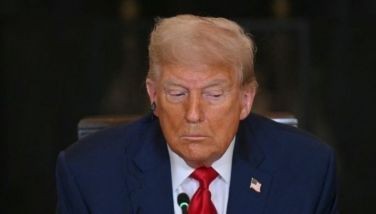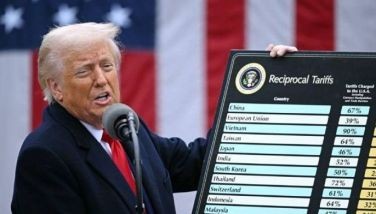SC to Comelec: Answer plea vs voting by inmates
MANILA, Philippines - The Supreme Court (SC) has ordered the Commission on Elections (Comelec) to answer a petition questioning its policy allowing inmates to vote in the May 2016 general elections.
In a resolution released yesterday, the high court directed the poll body to answer the petition filed last week by lawyer Victor Aguinaldo assailing the constitutionality of Comelec Resolution 9371, which sets the rules for registration and voting of prisoners.
Aguinaldo asked the SC to stop the Comelec from allowing all detainees to vote in 2016.
Promulgated in March 2012, the Comelec resolution covers rules on detainee registration and voting in the 2013 and subsequent elections.
The SC gave the Comelec 10 days to comply with the order.
In his petition, Aguinaldo said the Comelec resolution violates a constitutional provision requiring a voter to be a resident of the city or municipality where he or she will vote.
He said the SC should declare certain provisions of the Comelec resolution “as unconstitutional because of their imperfections, inadequacies and deficiencies” in their application.
Aguinaldo said the passage of the Comelec resolution did not undergo public hearings.
The petitioner said the Comelec policy should be clarified or amended so as to allow inmates of the New Bilibid Prison in Muntinlupa City and detainees in provincial, city and municipal jails nationwide to vote only for national elections.
Aguinaldo said the Comelec resolution is unclear on the situation of high-profile detainees such as former President Gloria Macapagal-Arroyo and Senators Jinggoy Estrada and Ramon Revilla Jr.
The three are detained while facing trial for plunder before the Sandiganbayan.
Aguinaldo said these personalities “are detained other than in their place of residence.”
The lawyer said such cases are different from voters who are transferring from one locality to another.
“Allowing the prisoners to vote would be an injustice to regular voters as well as absentee voters such as police officers and media workers covering the elections,” Aguinaldo argued.
Nearly 44,000 prisoners were allowed to vote in the 2013 elections.
- Latest
- Trending


















